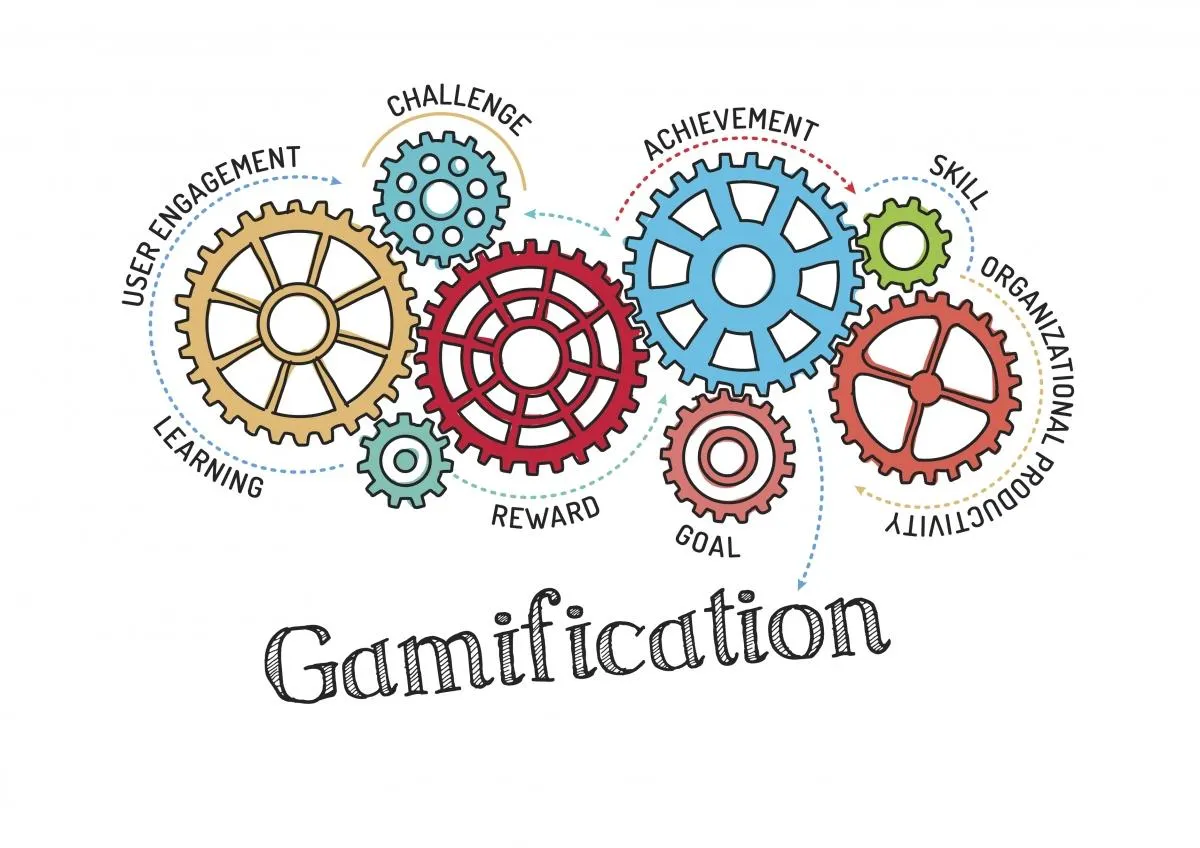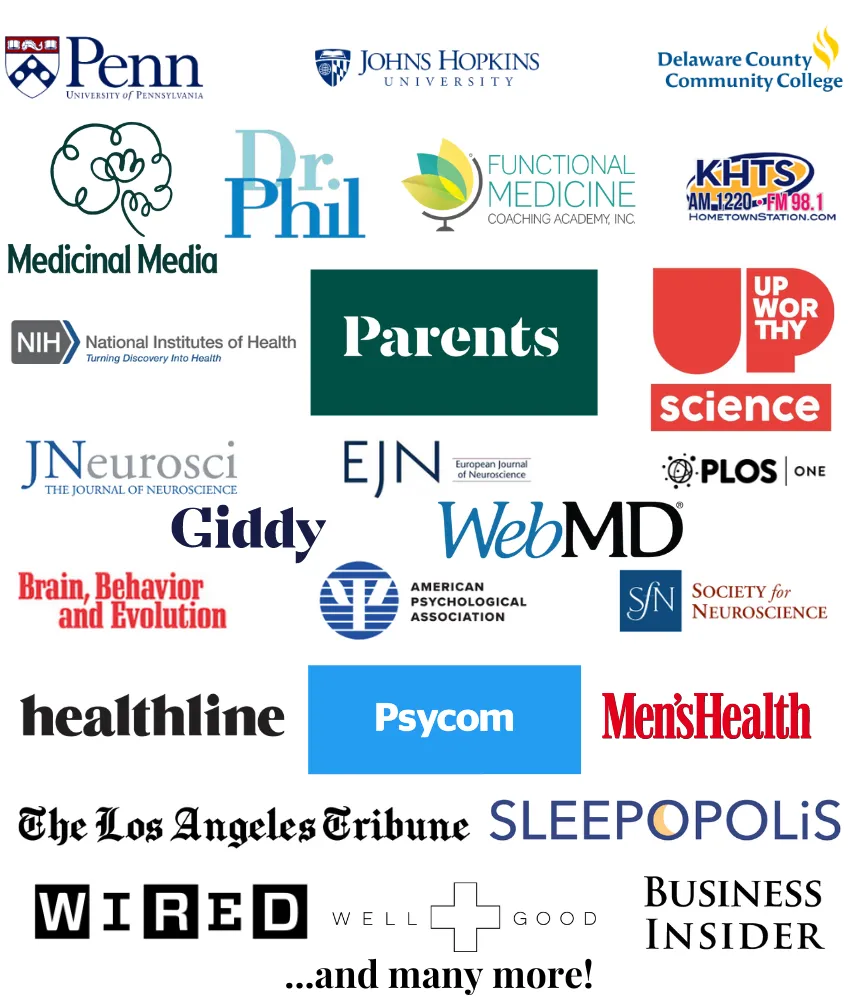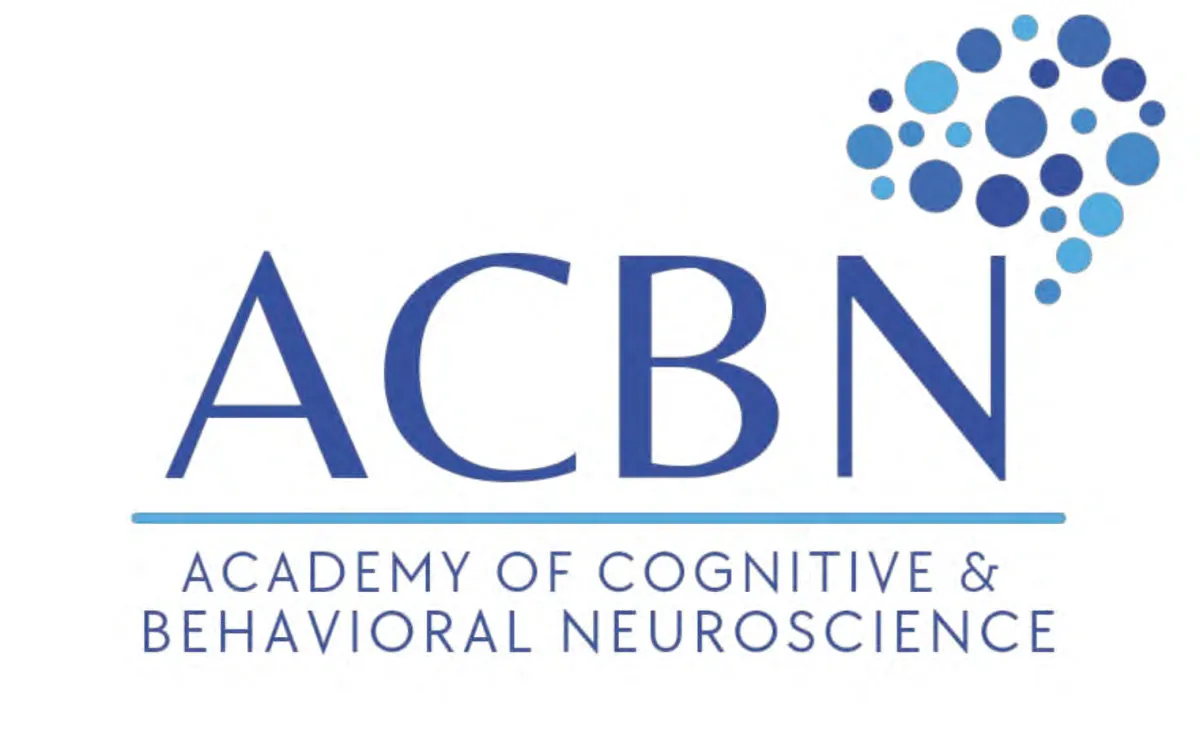
Welcome to Neuroscience Nuggets, your treasure trove of brain science knowledge designed to unlock the secrets of personal and professional growth! If you've ever been curious about the power of the brain and how it influences our thoughts, emotions, and behaviors, you're in the right place!!
Neuroscience, the captivating study of the brain and nervous system, offers a goldmine of insights to enrich our lives and those of our clients. At Neuroscience Nuggets, we're dedicated to making brain science approachable, exciting, and applicable in all aspects of your journey. Whether you're seeking to nurture your own well-being or enhance your professional practices, our nuggets of wisdom will equip you with practical tips, strategies, and evidence-based approaches to empower yourself and your clients.
Join us as we embark on an exhilarating adventure into the realm of neuroplasticity—the brain's remarkable ability to change and adapt. Together, we'll explore how harnessing neuroscience can lead to personal fulfillment, enrich your relationships, and supercharge your professional impact. So, grab your pickaxe and get ready to dig deep into the world of neuroscience nuggets. Let's unlock the untapped potential of the brain and unearth the pathways to personal and professional growth together. 🌱🌟

The Gamification of Our World: A Neuroscience and Psychology Perspective
“The Game gives you a Purpose. The Real Game is, to Find a Purpose.” - Vineet Raj Kapoor
The Gamification of Our World: A Neuroscience and Psychology Perspective
Exploring the Neurological Underpinnings of an Increasingly Game-Like Society
In the modern era, the concept of gamification is profoundly transforming our approach to routine tasks, social interactions, and professional endeavors. As a neuroscientist and psychologist, I'm intrigued by this trend's impact on our brain function and behavior. This blog post delves into the essence of gamification, its effects on the brain, and its potential benefits and drawbacks.
What Makes Something a Game?
Games are defined by rules, goals, feedback systems, and voluntary participation. Their allure lies in challenges, problem-solving stimulation, and immediate rewards or feedback, which significantly affect our brain's engagement and response.
The Brain’s Response to Gamification
Gamified activities activate specific neural circuits, particularly the brain's reward system involving dopamine. Achieving a goal or completing a task in a gamified setting prompts dopamine release, which is associated with pleasure and motivation, explaining why games are engaging and potentially addictive.
The Double-Edged Sword of Gamification
While gamification offers benefits like enhanced learning, productivity, and motivation in health and fitness, it also has downsides. Overemphasis on external rewards can reduce intrinsic motivation, and excessive gaming can lead to addictive behaviors, especially in younger individuals.
Deciphering Gaming: From Simple Puzzles to Complex Virtual Realities - The Neuroscience Behind Preferences, Design, and Impact
Simple vs. Complex Gaming Preferences
The preference for games like Wordle or crosswords over expansive metaverse games is based on the brain’s response to structured, defined goals. Wordle or crossword enthusiasts likely enjoy the clear objectives and tangible outcomes, while metaverse games cater to those seeking ongoing challenges in a dynamic environment.
Gaming Mechanics: Designed with the Brain in Mind
Gaming mechanics are crafted with behavioral and neurological principles, using operant conditioning and positive reinforcement to engage players. This taps into the brain’s reward pathways, ensuring high levels of engagement and a continuous drive to play.
The Addictive Nature of Games vs. Their Benefits
Games can be addictive due to their consistent stimulation of the brain’s reward system. However, when used correctly, this mechanism can motivate healthier behaviors, as seen in gamified health and fitness apps providing immediate feedback and rewards for achieving health-related goals.
Conclusion: Balancing the Gamified Life
In our increasingly game-like world, striking a balance is essential. Gamification's benefits leverage the brain's reward systems for motivation and engagement, but we must be cautious of its potential to reduce intrinsic motivation and foster addictive tendencies. Understanding technology, psychology, and neuroscience's intersection is key to using gamification as an enhancement tool, not as a crutch in our daily lives.
Stay tuned for more insights on the psychological and neurological aspects of our evolving digital landscape.

Meet Your Blogger
Dr. Hayley Nelson earned her PhD in Psychological and Brain Sciences from The Johns Hopkins University, is a tenured professor of Psychology in the Philadelphia area, and is an international speaker. She has over 20 years of teaching experience with students from diverse backgrounds, has several peer-reviewed research publications and previous research and faculty appointments with The National Institutes of Health, The Johns Hopkins University, and The University of Pennsylvania.
If the idea of learning about the brain and neuroscience feels overwhelming and intimidating, Dr. Hayley is the perfect neuroscientist for you. She's a busy mom of 2 with a great sense of humor, and she prioritizes bringing some fun and compassion to a field that can feel a little "hardcore". You can expect lots of real world experiences and examples and an open, caring learning environment where there are no stupid questions. Listening to one of Dr. Hayley's discussions feels more like a conversation with a family member (a really smart family member).
By creating the Academy of Cognitive and Behavioral Neuroscience, Dr. Hayley Nelson combined her knowledge of the human mind and brain health with her passion for education, teaching, and consulting to truly make neuroscience approachable. Her students learn easy-to-swallow knowledge of how the brain works in real-life situations and are armed with an education in a subject they can use literally every single day. Not only that, they gain the power to serve their clients better and create an environment for their communities to thrive.
Dr. Hayley's Featured Contributions, Publications, and
Faculty & Research Appointments

With a Certification in Cognitive & Behavioral Neuroscience, you will gain the confidence to speak with authority about HOW & WHY what you teach your clients actually works.
Neuroscience feels intimidating, and perhaps you've always thought that you're not positioned to be an authority on the science behind what's happening in your client's brain. Dr. Hayley Nelson founded the Academy of Cognitive & Behavioral Neuroscience, and she designed this Certificate Program with one goal in mind:
To make neuroscience approachable for professionals who want to distinguish themselves from others in their field with a unique and comprehensive understanding of the latest research and innovative techniques in neuroscience, and earn a highly respected certification in cognitive and behavioral neuroscience that sets them apart as a true expert in their field.
After completion of the certificate, students will uncover a newfound sense of confidence and neuroscience knowledge, will stand out in their industry by offering something unique to their clients, gain credibility, better serve their existing clients, and be positioned to take on more clients best suited for their programs.
Have questions about the Certification Programs from Dr. Hayley and
The Academy of Cognitive and Behavioral Neuroscience (ACBN)?
Want to book a 1-on-1 Office Hour consultation with Dr. Hayley?
Want to See What it's Like to Learn from Dr. Hayley?
Want to Stay in the Loop with Dr. Hayley and ACBN?
Connect directly with Dr. Hayley!
Click the blue chat bubble in the right-hand corner of the screen to get in touch with me, or connect with me on social media.





